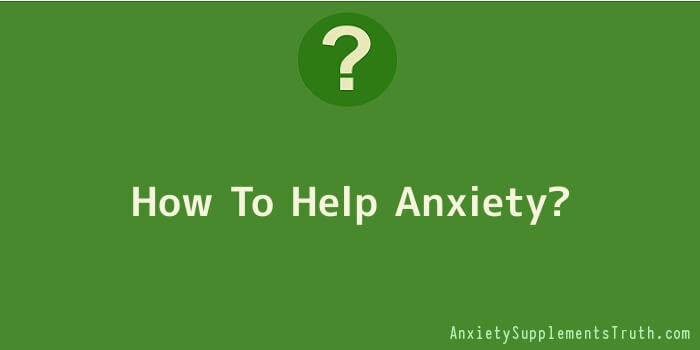
Diving deeper into the many unpleasant symptoms found amongst people who are suffering from anxiety, we learn some of the terrible effects of untreated anxiety. Anxiety disorders elevate the fear experienced by an individual which causes the increase of adrenalin levels in the body. This, in turn causes a drastic alteration of related physical functions such as the heart rate, the pH level of the blood and the circulation of oxygen around the system. Consequently, alongside feeling disproportionately worried about an event, people also experience physical symptoms such as:
- Rapid/Irregular breathing
- Cold flushes
- Sensation of Nausea
- Headaches/Migraines
- Sweating
- Trembling
- Chest pains
- Sensation of breathlessness
- Muscle Numbness
During attacks, most people tend to at least experience four of these symptoms. Many of these symptoms are easily identified as the obvious outcome of a person’s apprehension and fear. All too often, people who are suffering from an attack of anxiety mistake their condition to be those of a heart attack. This in turn further fuels their doubt and fear which only worsens their anxiety attack.
How To Help Anxiety: What are Some Psychological Symptoms?
Outbreaks of anxiety do not only cause physical symptoms. They also result in psychological effects as well. These reflect themselves in different ways within the person’s life. People who regularly experience attacks of anxiety exhibit psychological symptoms such as:
- Unusual fatigue
- Reduced mental concentration
- High irritability/temper
- A sense of helplessness over their actions
- Insomnia/Sleeping difficulties.
How To Help Anxiety: What is Your Anxiety?
Depending on the degree and the situations surrounding a person’s anxiety attack, people can experience different types of anxiety. The major types include:
- General Anxiety Disorder
- Social Anxiety – read more about social anxiety
- Panic Disorders – read more about panic disorders
- Specific Phobias: Fear of Flying, Fear of Public Speaking
- Post Traumatic Stress Disorder
- Obsessive Compulsive Disorder
There are many methods which can be used for helping with anxiety; one such method involves the effective handling of stress. If you’re regularly exposed to stressful situations you will be more likely to suffer from these attacks. Relaxation methods such as Yoga and meditation are therefore, very good managing methods.
A healthy lifestyle is also hugely beneficial. There is much evidence that positive thinking can go a long way in boosting the esteem and confidence of a person.
Finally, victims of anxiety are always advised to avoid stimulant meals such as coffee, alcohol or cigarettes. These items are bound to increase the tension levels of the body, making you more susceptible to bouts of anxiety.
